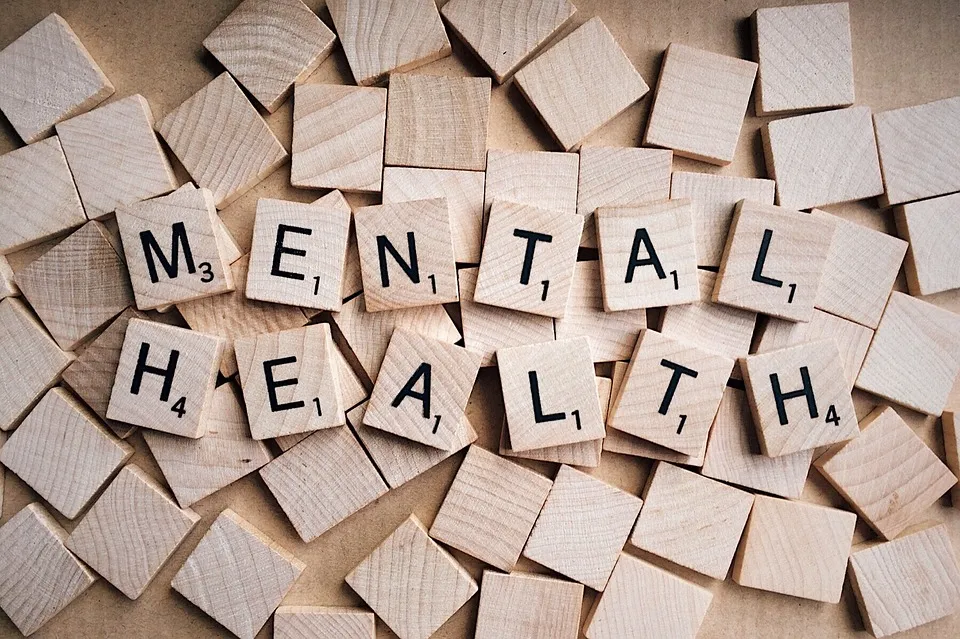Can you tell the difference between a mental health myth and fact? Learn the truth about the most common mental health myths.
MYTH: Mental health problems are uncommon
FACT:
Even before the COVID-19 pandemic, the statement above was false. Today, the statement is further from the truth than it has, perhaps, ever been.
Currently, 450 million people are experiencing such conditions. As the WHO explain, mental disorders are “among the leading causes of ill health and disability worldwide.”
MYTH: Children don't experience mental health problems
FACT:
Even very young children may show early warning signs of mental health concerns. These mental health problems are often clinically diagnosable, and can be a product of the interaction of biological, psychological, and social factors.
MYTH: People with mental health problems are violent and unpredictable
FACT:
The vast majority of people with mental health problems are no more likely to be violent than anyone else. Most people with mental illness are not violent and only 3%–5% of violent acts can be attributed to individuals living with a serious mental illness. In fact, people with severe mental illnesses are over 10 times more likely to be victims of violent crime than the general population.
MYTH: I can't do anything for a person with a mental health problem
FACT:
Friends and loved ones can make a big difference. Only 44% of adults with diagnosable mental health problems and less than 20% of children and adolescents receive needed treatment. Friends and family can be important influences to help someone get the treatment and services they need.
MYTH: Prevention doesn't work. It is impossible to prevent mental illnesses
FACT:
Prevention of mental, emotional, and behavioral disorders focuses on addressing known risk factors such as exposure to trauma that can affect the chances that children, youth, and young adults will develop mental health problems.
MYTH: I will never have mental health issues
FACT:
Anyone can be at risk of developing mental health issues regardless of their age, economic strata, culture, or the community they belong to. Mental health issues don’t have anything to do with a person’s mental strength, personality traits, or outlook.
MYTH: Mental health issues occur when the devil or a departed soul enters the body
FACT:
This is perhaps the oldest myth about mental illness. Mental health issues are caused due to a combination of genetic and environmental factors. Endorsing such myths leads to people seeking treatment through faith healers—this can lead to their symptoms and difficulties being prolonged, it also contributes to the stigma around mental health issues.

